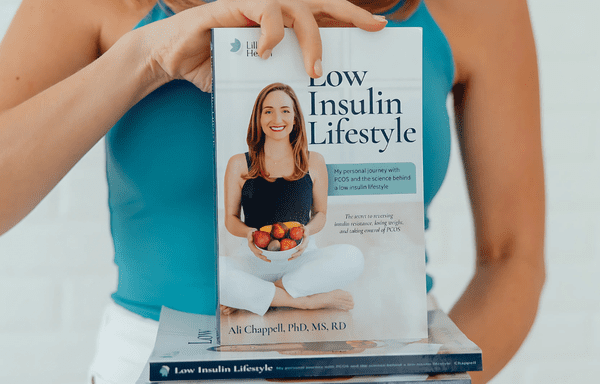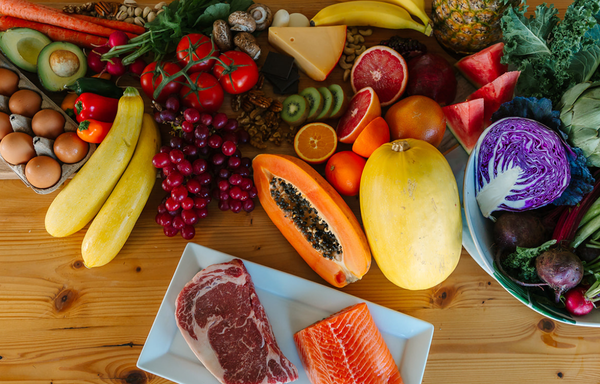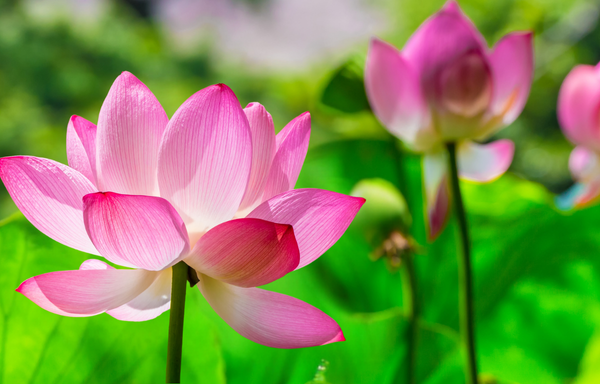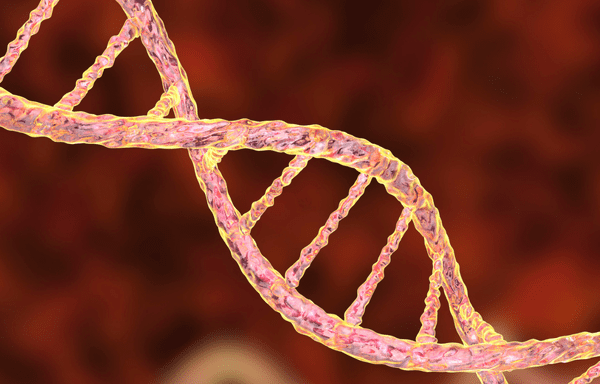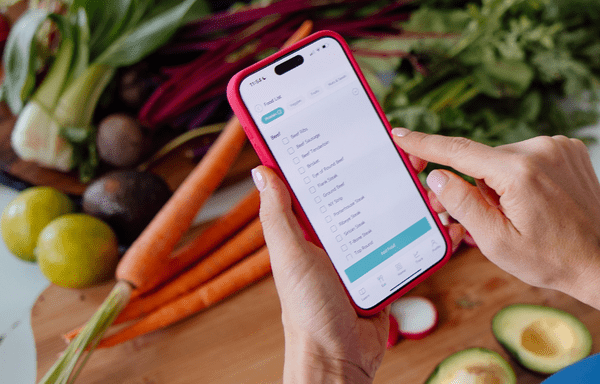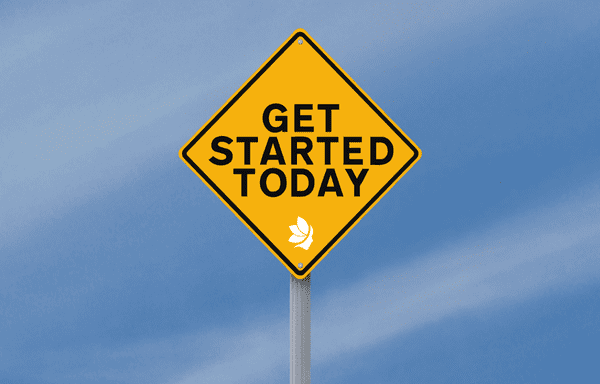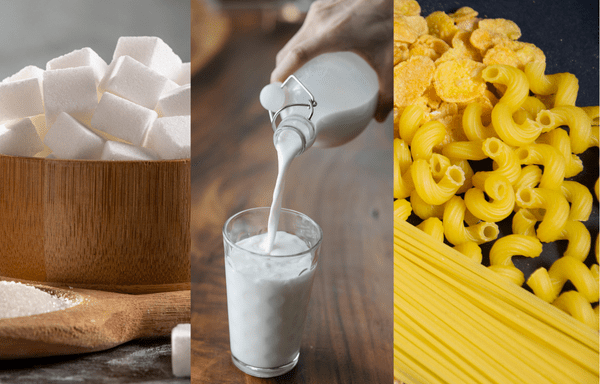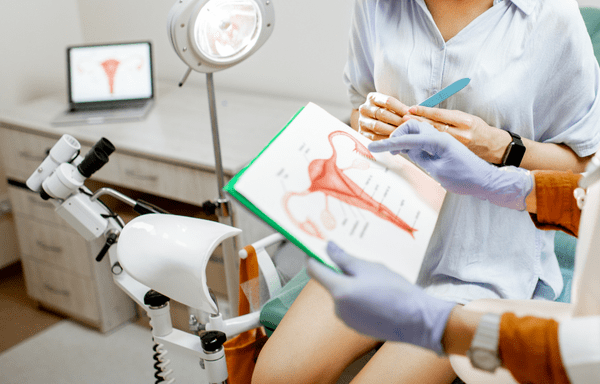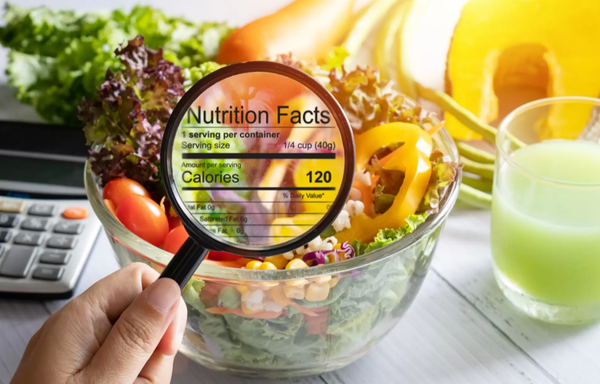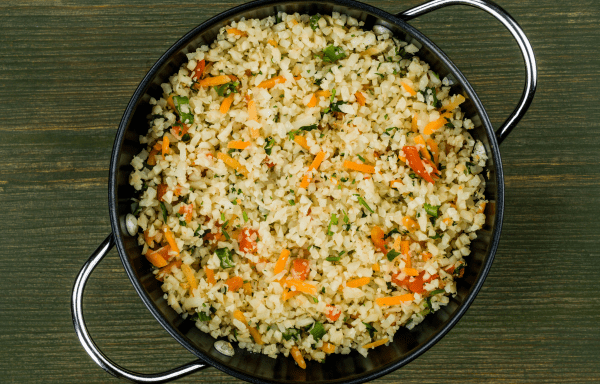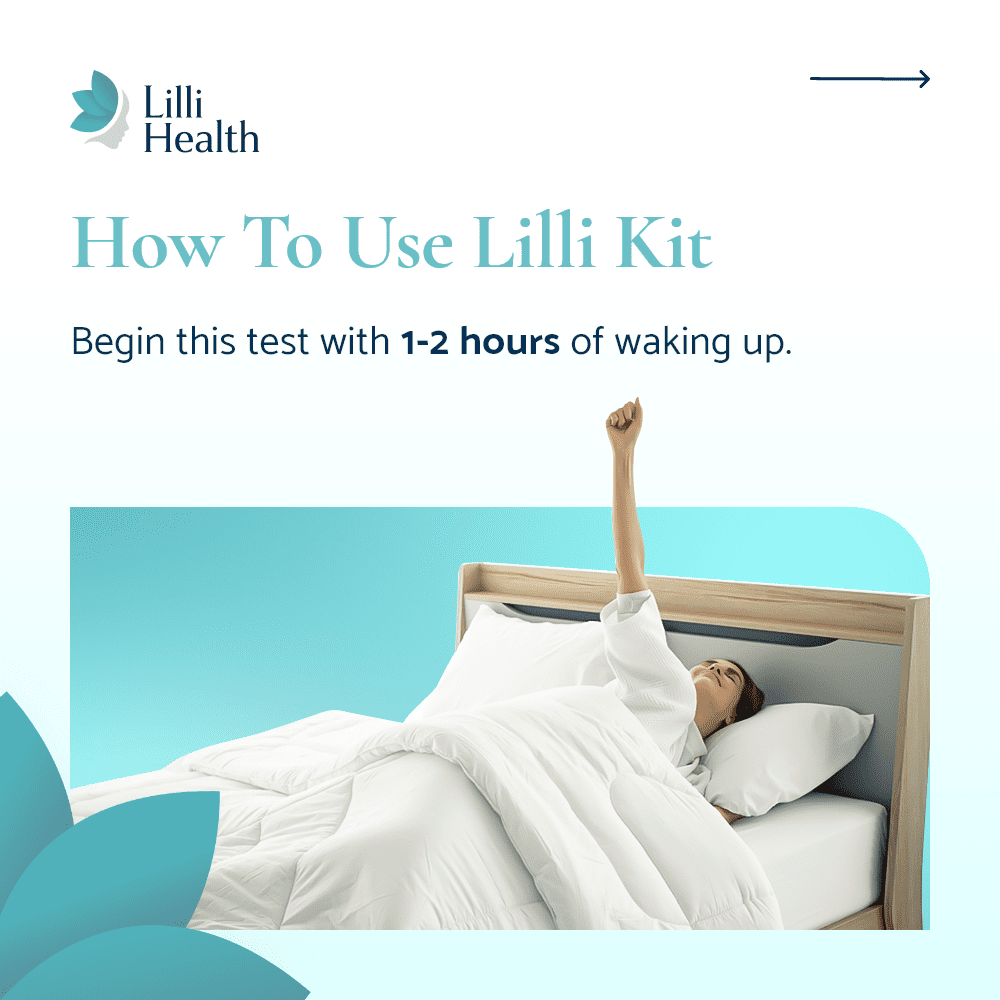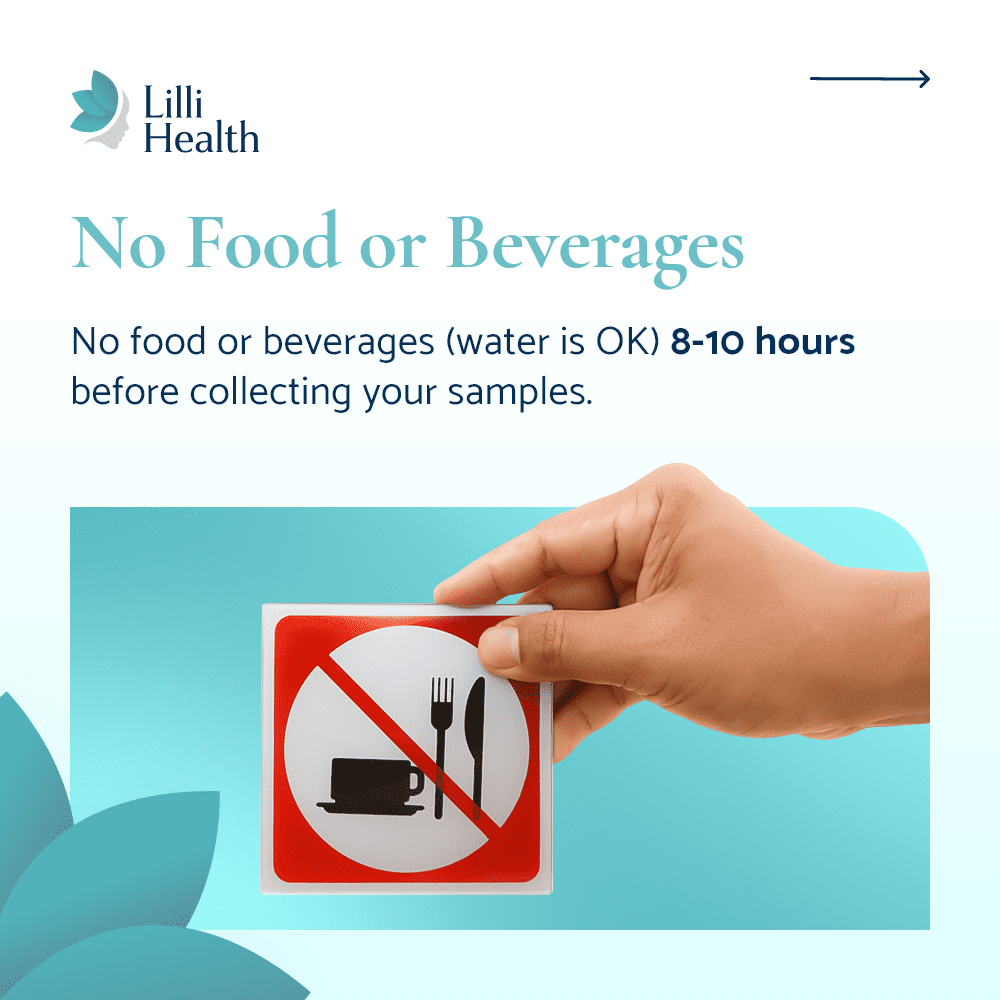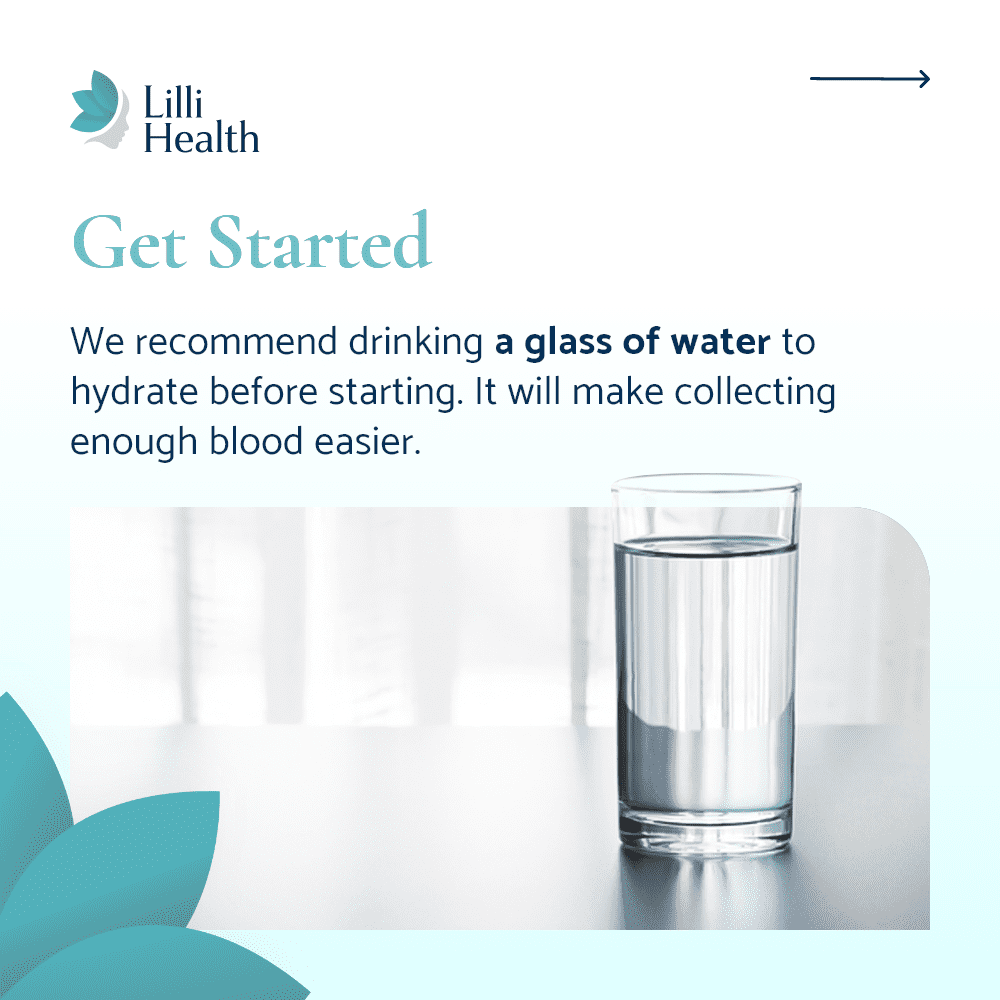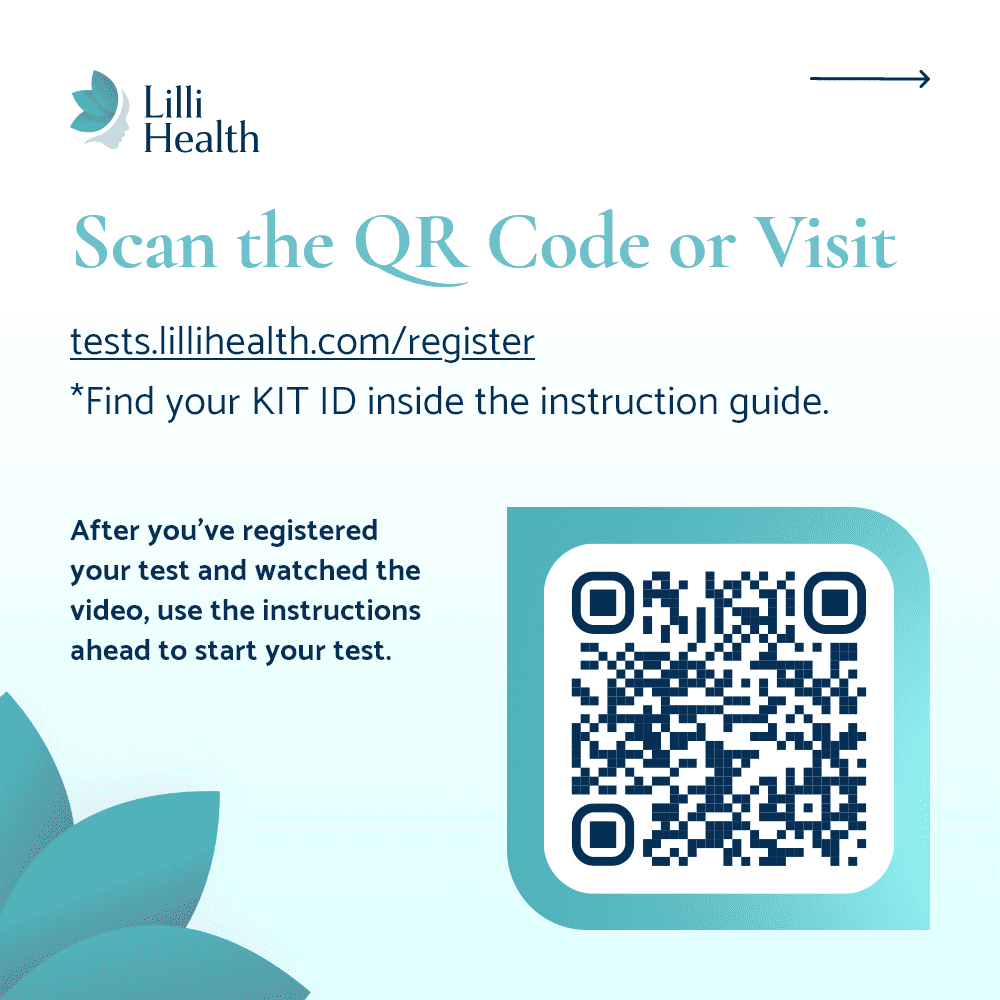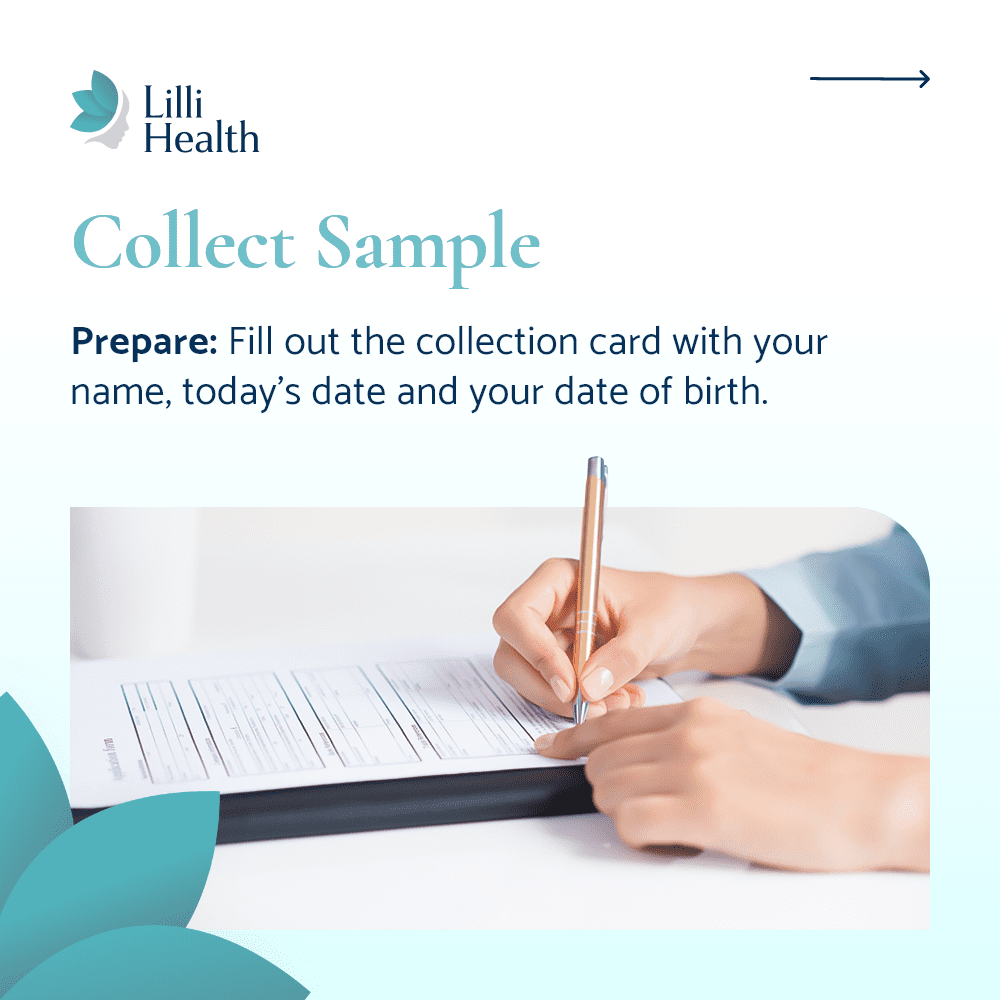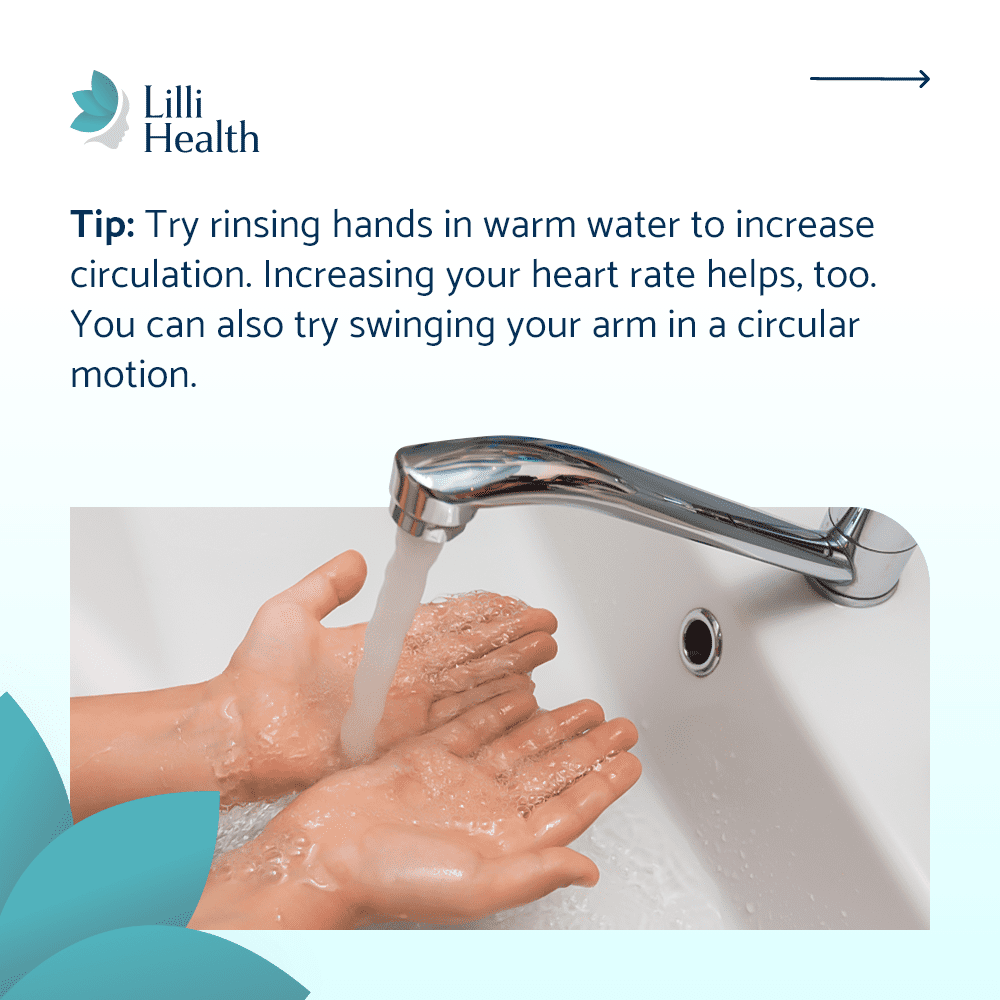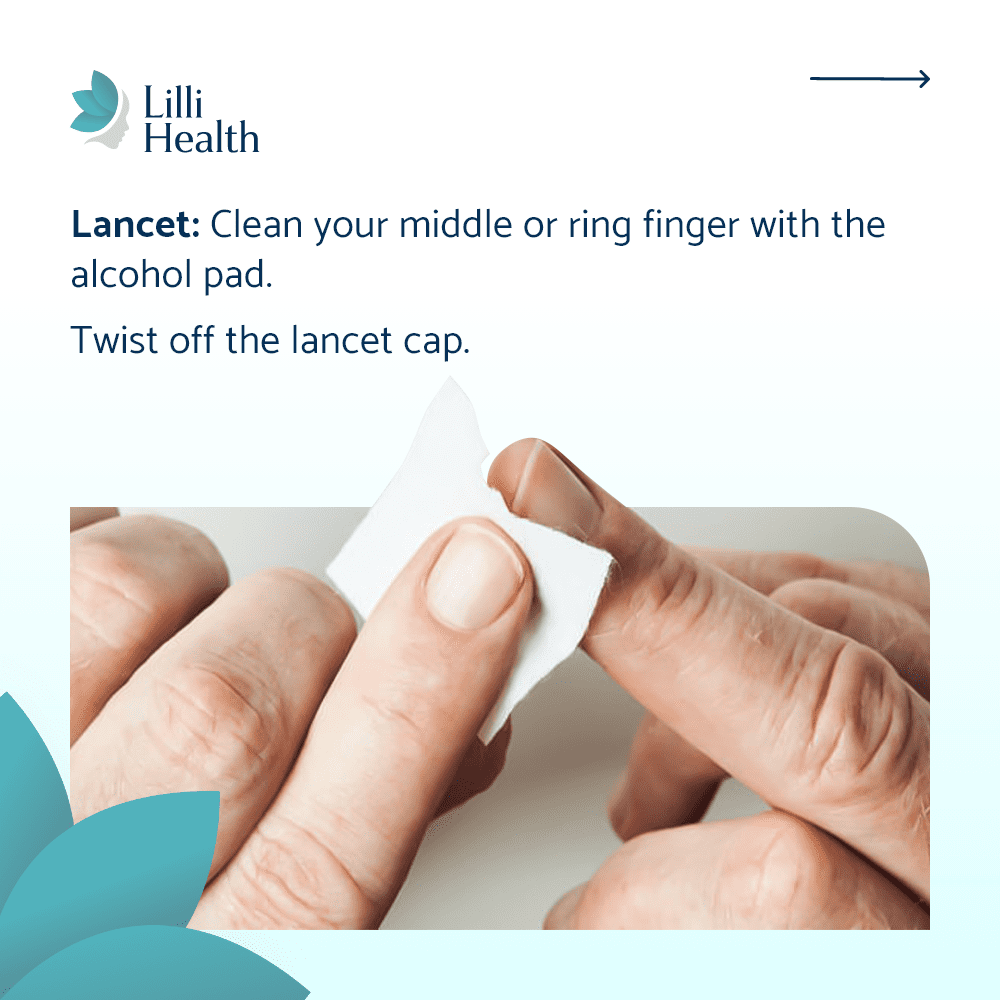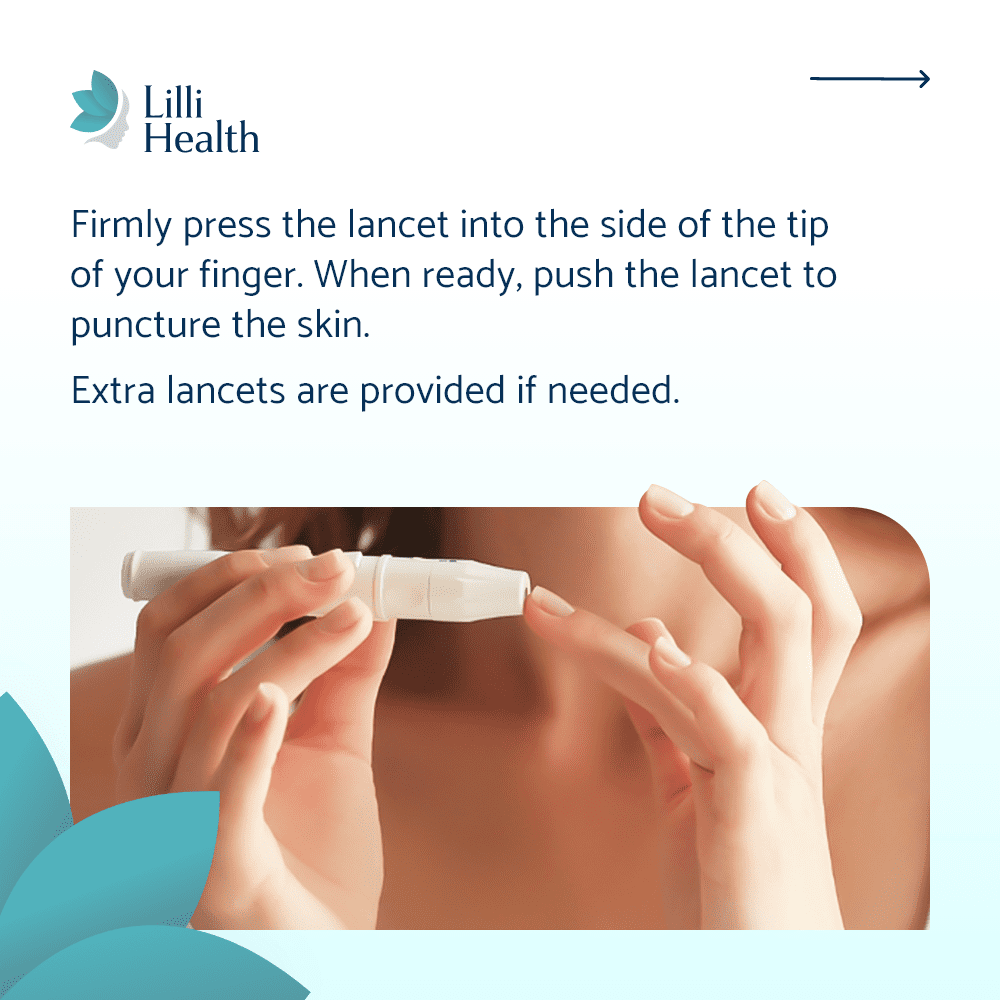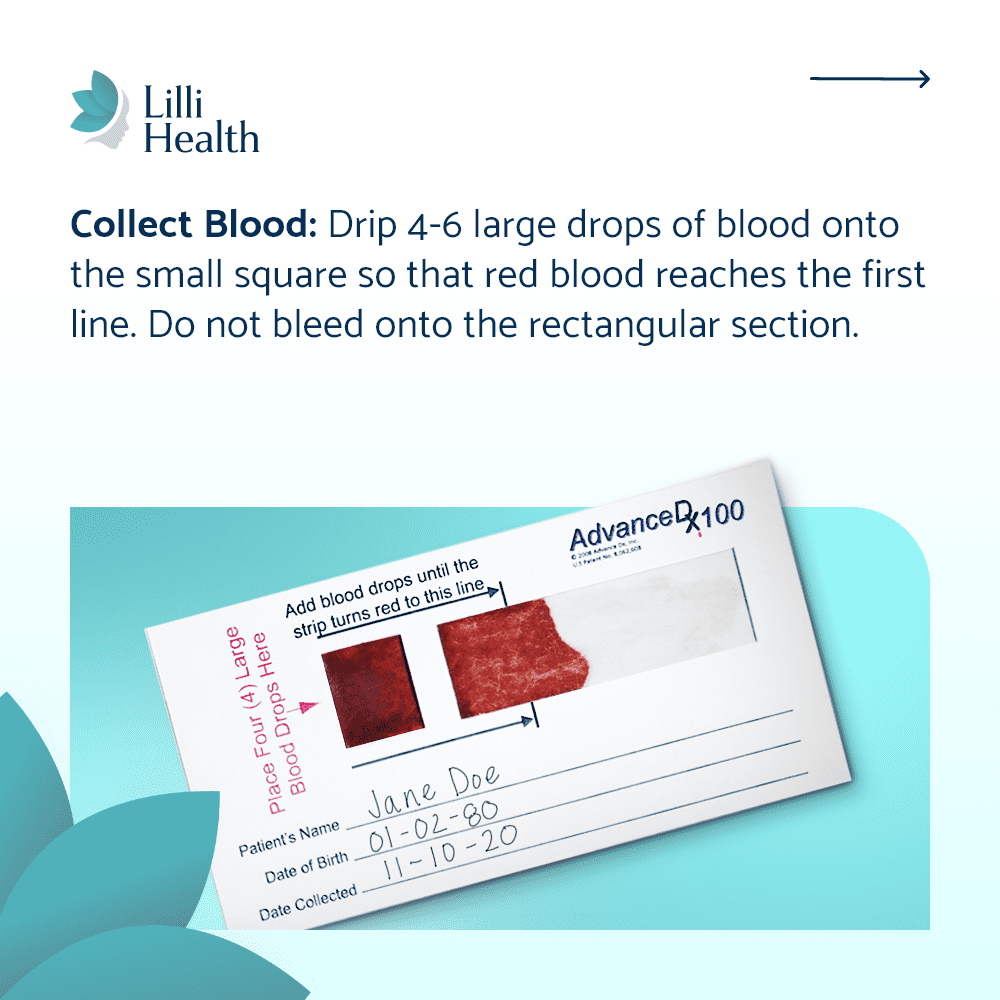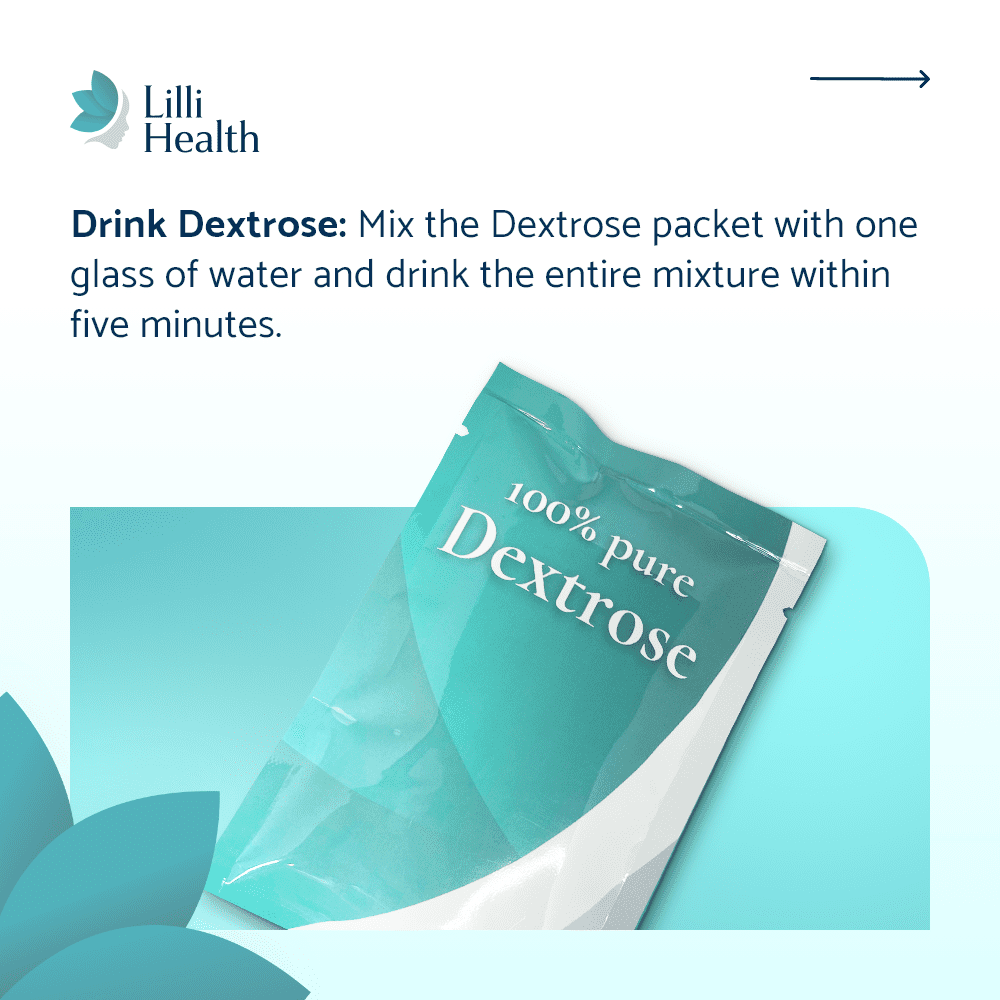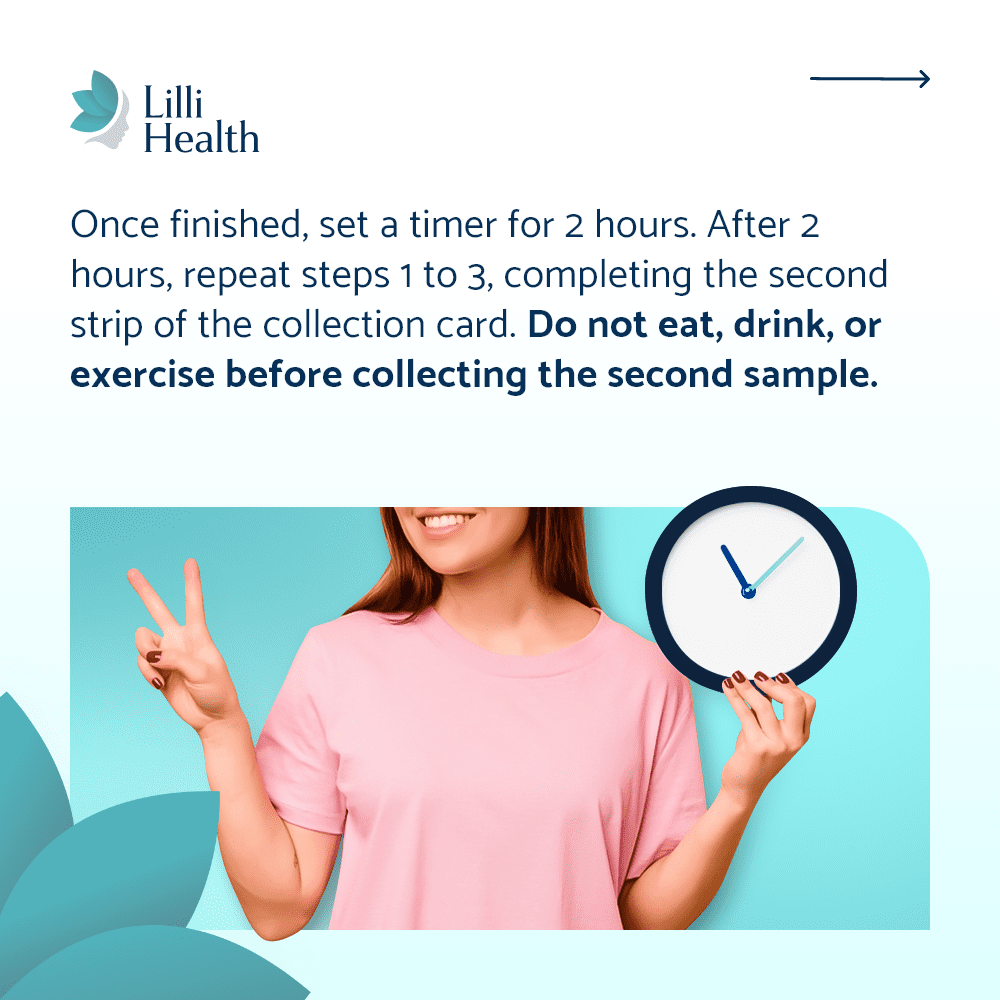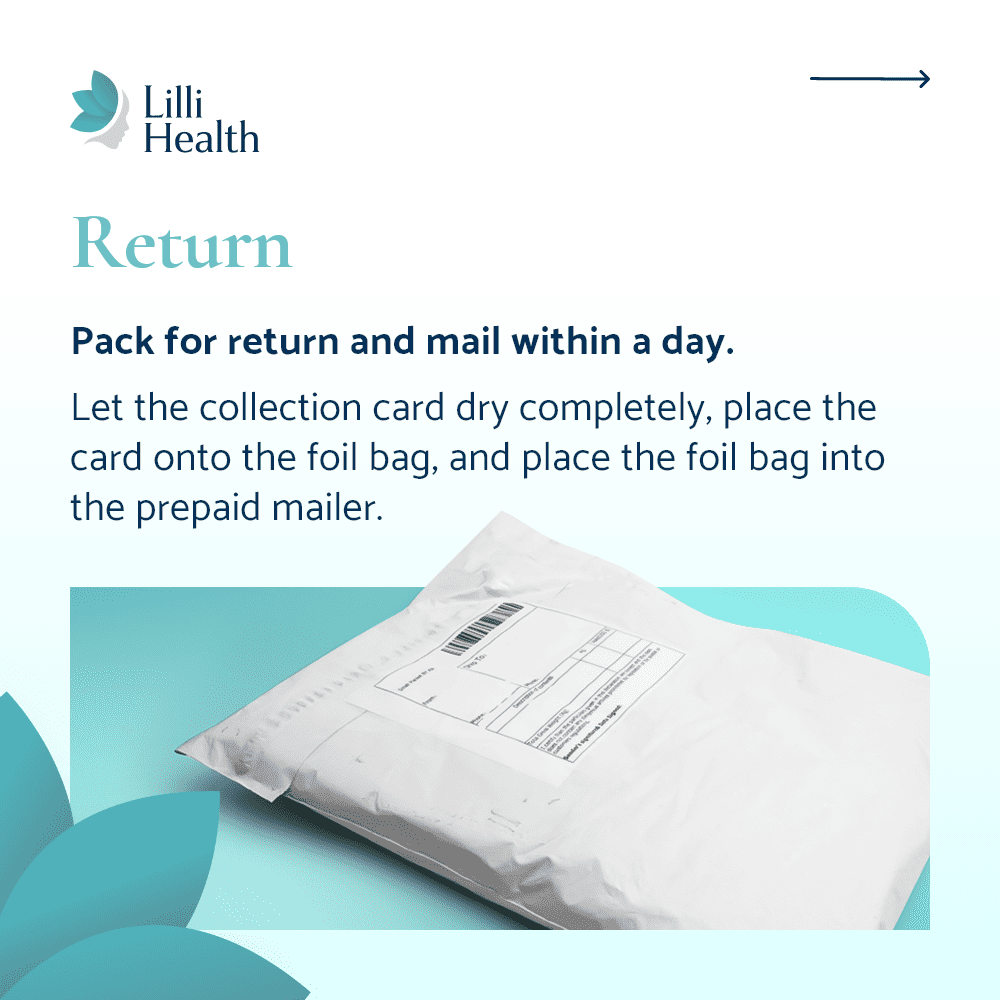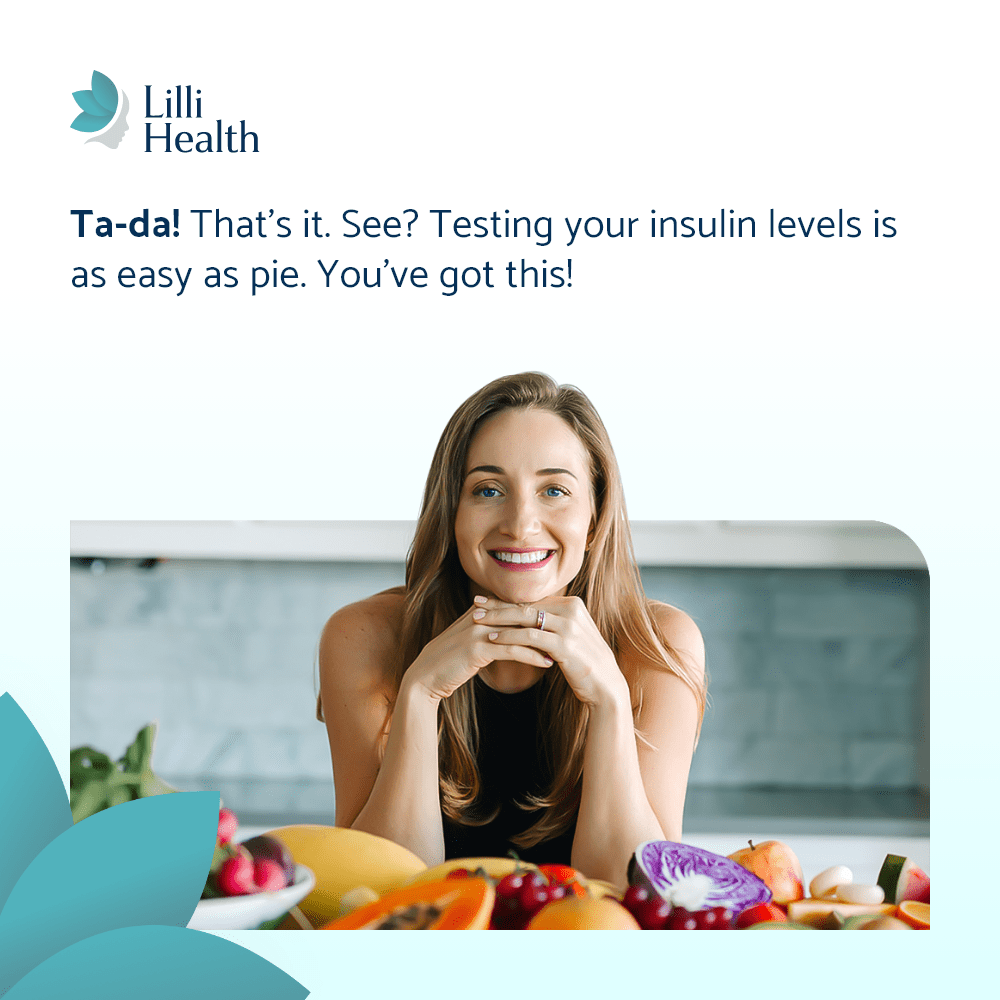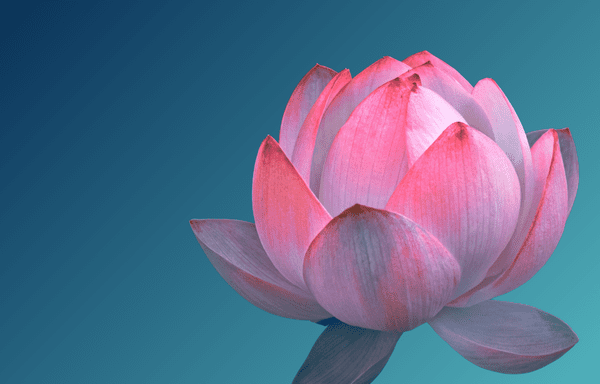

A Low Insulin Lifestyle Testimonial: Bekka
These individuals generously shared their experiences and journeys to help inspire others. They were given the option to remain anonymous or use their real names, and some even chose to include photos. Whether they shared their name, a photo, or chose to stay anonymous, each story reflects the real-life impact of this lifestyle.
What inspired you to start the Low Insulin Lifestyle?
I’ve been overweight since puberty, and no diet or exercise routine ever brought me results. I had tried them all. After years of stress and life challenges, I finally had a chance to slow down and focus on my health, but even then, I found myself gaining weight despite feeling like I was eating well.
At 47 years old, I began working with a weight loss and fitness coach in August 2024. I was tracking my calories, eating in a deficit, and strength training consistently—but after three months, I was gaining muscle and still not losing fat. Frustrated, I brought this up to my coach. When I explained some of my other health symptoms, she asked if I had PCOS. I had never been diagnosed, but my symptoms fit. She suggested I try a low-insulin lifestyle to see if it would help.
What symptoms or challenges were you experiencing before starting?
- I could never lose weight, no matter how much I ate less or moved more.
- Hair thinning and hair growth on my face and chest.
- Constant brain fog and fatigue.
- Erratic menstrual cycles.
- Cysts found on my ovaries.
What was your initial experience like during the first few days or weeks?
The first thing I noticed was that my digestion and gut health improved. My bowels felt much happier, and I was processing food better. I also had more energy.
When did you start to notice changes?
By the fourth week, I finally saw the scale move, and I felt confident that this was the best way for me to live. After six weeks, I still see the scale move every week, and my fatigue and brain fog are now only present around my cycle instead of all the time.
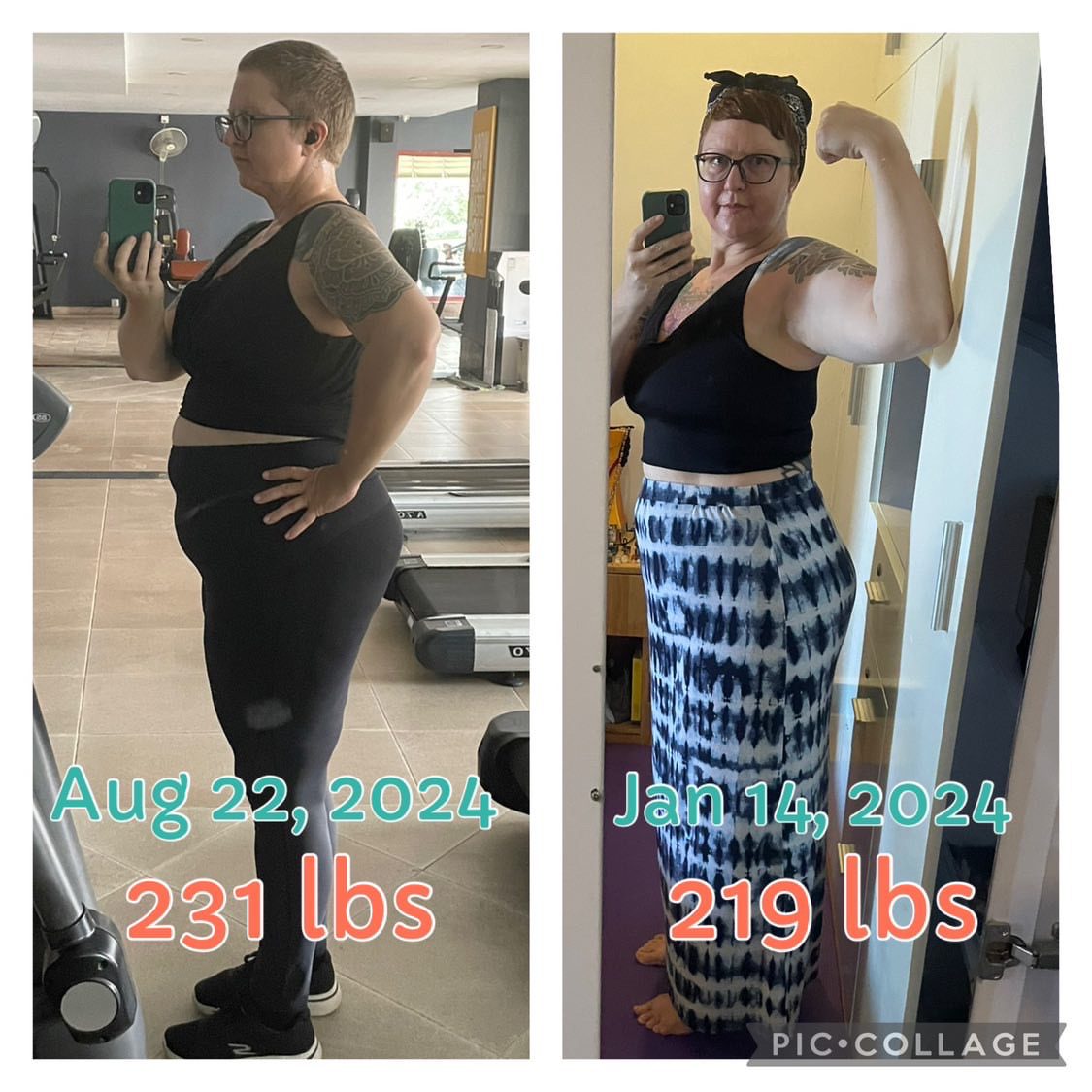
Did you face any challenges while starting or maintaining the Low Insulin Lifestyle?
Honestly, I had no real challenges because I felt like I was finally on the right path. If I had to name one, it would be resisting my husband’s baking! He loves to make delicious baked goods, and I’ve had to do my best to stay on track and avoid temptation.
What results or successes have you achieved since starting?
- Weight loss.
- Improved energy.
- No sugar cravings.
- Less inflammation.
- Better sleep quality.
- Less pain during my cycle.
- More regular digestion.
Are there any specific milestones or achievements you’re most proud of?
Realizing that I have been consistent for six weeks and that my mindset has completely shifted. I now understand that this is how my body wants to be fed.
What tips or advice would you give to someone who is just starting?
Enjoy the process! Trust that this lifestyle is how your body deserves to be treated. Stay consistent and know that every body adjusts to change on its own timeline—so don’t compare yourself to anyone else. Be patient, and the results will come.
What does a typical day look like for you?
I sleep a solid 9-10 hours and wake up around 6 a.m. I start my day with a large glass of water while I make my Greek yogurt parfait. Then, I do some morning stretches and slow strength training three times a week.
I make breakfast around 9 a.m., get some work done, and have lunch around 1 p.m. After lunch, I go for a 15-minute walk or climb some stairs, then get back to work. I have dinner around 6 p.m., then spend my evening meditating, resting, and relaxing before bed. Keeping my stress levels low has been just as important as my diet.
Would you like to share anything else about your experience?
Education has been the biggest game changer for me. Learning how PCOS actually functions has helped me stay confident that this lifestyle is right for me. Dr. Chappell explains everything so clearly and concisely that there’s little room for doubt.
I just wish more women could discover a Low Insulin Lifestyle earlier in life so they don’t have to struggle with PCOS for so long. Instead of just surviving with PCOS, they could truly live.
